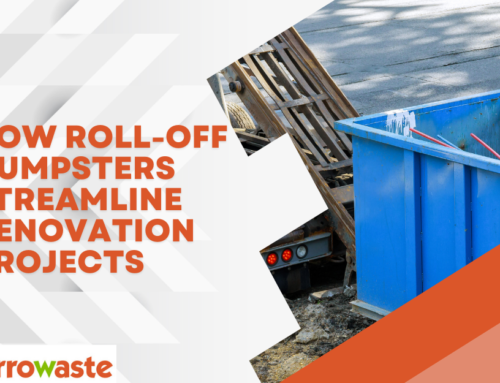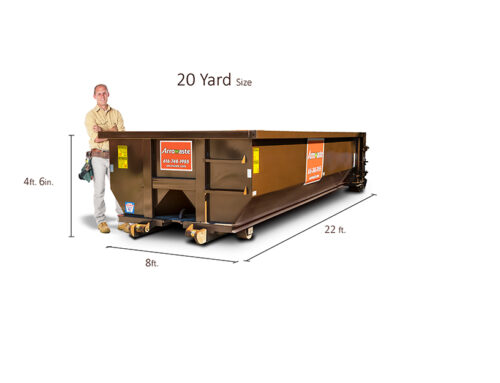The recycling process is becoming increasingly important due to our growing need for waste management. Recycling helps conserve resources, reduce the amount of waste sent to landfills, and save money. Knowing more about the basics of recycling can help you make informed decisions and become a responsible recycler. Here are some frequently asked questions that you may have wondered about this crucial topic.
1. What Can I Recycle?
Which materials you can recycle will depend on your local waste service and the type of bin they provide. Generally speaking, most recyclable items include paper, cardboard, metal cans and containers (such as aluminum and steel cans), plastic bottles and containers (such as PETE or HDPE), and glass containers. It’s important to check with your local waste management service for specific guidelines.
2. How Can I Reduce Waste?
Reducing waste can help lower the number of materials going into landfills as well as conserve resources. One way to reduce waste is to buy products with minimal packaging. Where possible, opt for reusable items such as cloth bags instead of plastic or paper bags.
3. How Much Does it Cost to Recycle?
On average, it costs $30 per ton to recycle trash and $50 per ton to transport it to a landfill, according to Inhabitat. Local governments may subsidize these programs so residents can pay less for the service. Contact your local government to find out more about their waste management policies.
4. What Happens to the Materials I Recycle?
Recycled materials are sorted, cleaned, and processed before being sent off to be manufactured into new products. Paper gets recycled into products such as tissue paper or writing paper. Plastic bottles can be melted down and reshaped into items like park benches or flower pots. Metal cans are melted down and reused to make new cans, while glass bottles may be crushed into sand and used for construction projects.
5. Where Can I Recycle?
Most communities have centers where you can take your recyclables. You may also be able to find drop-off locations at grocery stores, local businesses, and community events. Check with your local recycling service for more information.
Recycling is a great way to help reduce waste and conserve resources. Knowing the answers to these frequently asked questions can help you become an informed and responsible recycler. By taking these steps, you can make a positive impact on the environment and save money in the process. To learn more, contact Arrow Waste Inc. today!



